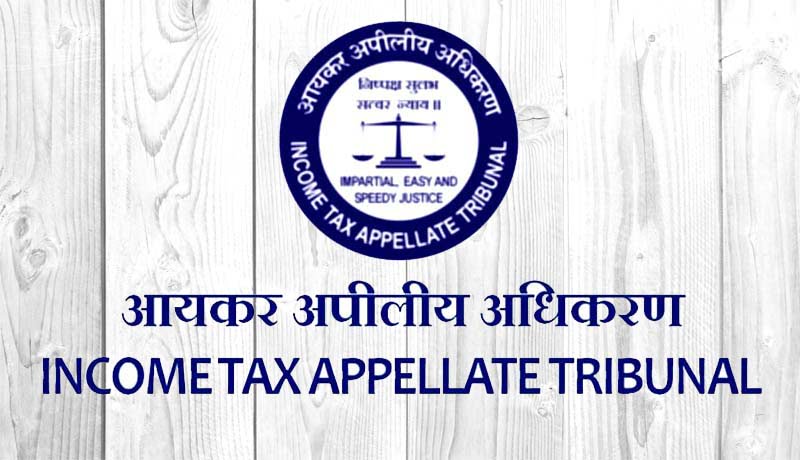Second Revision under Section 263 not justified if AO complied with the directions of PCIT: ITAT

The Income Tax Appellate Tribunal (ITAT), Kolkata Bench, while applying the doctrine of merger, quashed the Second revision under Section 263 on the grounds that second revision is not possible on the same subject matter on which specific direction given by First Principal Commissioner of Income Tax (PCIT) has been compiled by AO.
The assessee company, Amritrashi Infra Private Ltd. filed its return of income declaring an income of Rs. 1630/-.
The original return was filed under Section 139 of the Act and the original first assessment was framed by the First AO under Section 143 (3) of the Act by making an addition of Rs. 45,66,01,634/-.
The First PCIT issued SCN to the assessee- company conveying his intention to interdict in the First AO’s action in framing the said original first assessment. Thereafter, the First PCIT passed his First Revision order under Section 263 of the Act, wherein he was pleased to set aside the original assessment order and directed de novo assessment along with the specific direction to inquire about the collection of share capital and premium.
Pursuant to the direction of the First PCIT, the second AO framed the de-novo re-assessment order, wherein the second AO was pleased to accept the assessee’s transaction in respect of collection of share capital and share premium to the tune of Rs.45,66,01,634/- and made further addition of Rs. 10,366/- under section 14A of the Act.
Thereafter, the new incumbent in the office of PCIT issued show cause notice and conveyed his intention to revise the reassessment/second assessment order of the second AO. After hearing the assessee, the second PCIT has set aside the said re-assessment/second assessment order of the AO, wherein the Second PCIT vide order directed the AO to pass a fresh assessment order.
The tribunal headed by Vice-President, P. M. Jagtap in the light of the doctrine of merger held that the second PCIT, again cannot rake-up the same subject matter without the second Ld. Pr.CIT in the second revisional order spells out where the error happened to the second AO as an investigator or adjudicator, which exercise the Second PCIT has not done, so the second PCIT cannot be permitted to again ask the AO to start the investigation in the way he thinks it proper on the very same subject on which merger has taken place by virtue of the order of First PCIT.
“If this practice is allowed, then there will be no end to the assessment proceedings meaning no finality to assessment proceedings and that is exactly why the Parliament in its wisdom has brought in safeguards, restrictions & conditions precedent to be satisfied strictly before assumption of revisional jurisdiction. Be that as it may be, as discussed above, we find that the Second PCIT without satisfying the condition precedent under Section 263 of the Act has invoked the revisional jurisdiction (second time), so all his actions are ab initio void,” the tribunal said.


